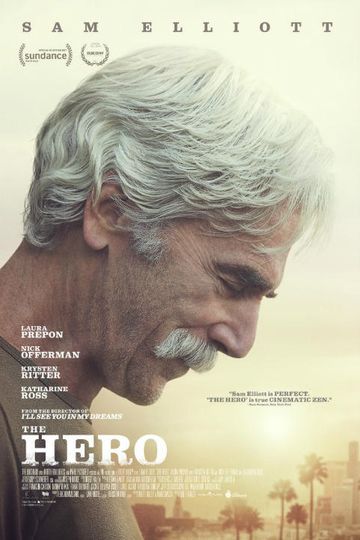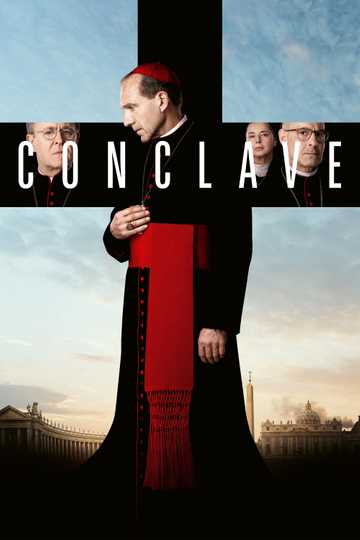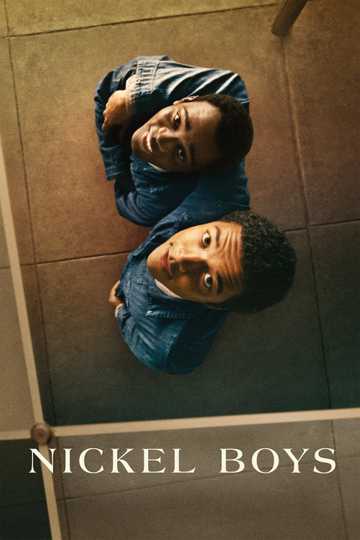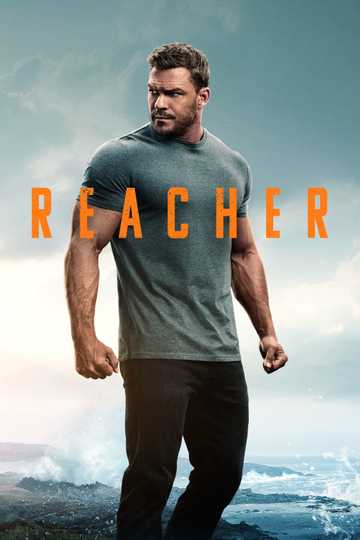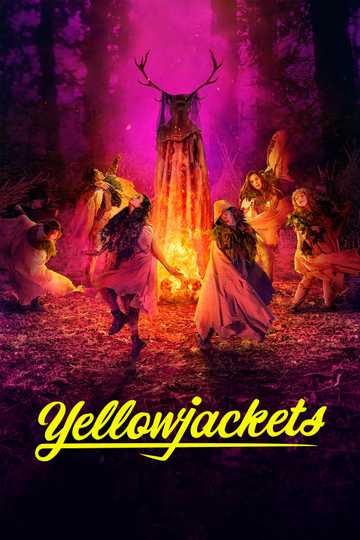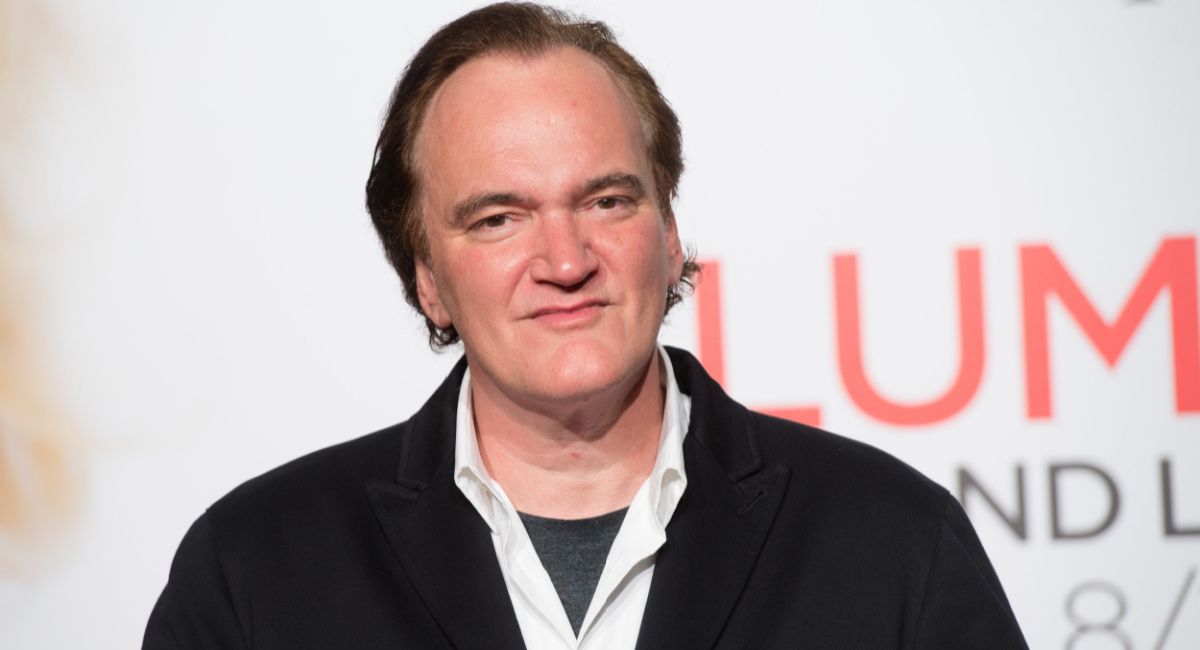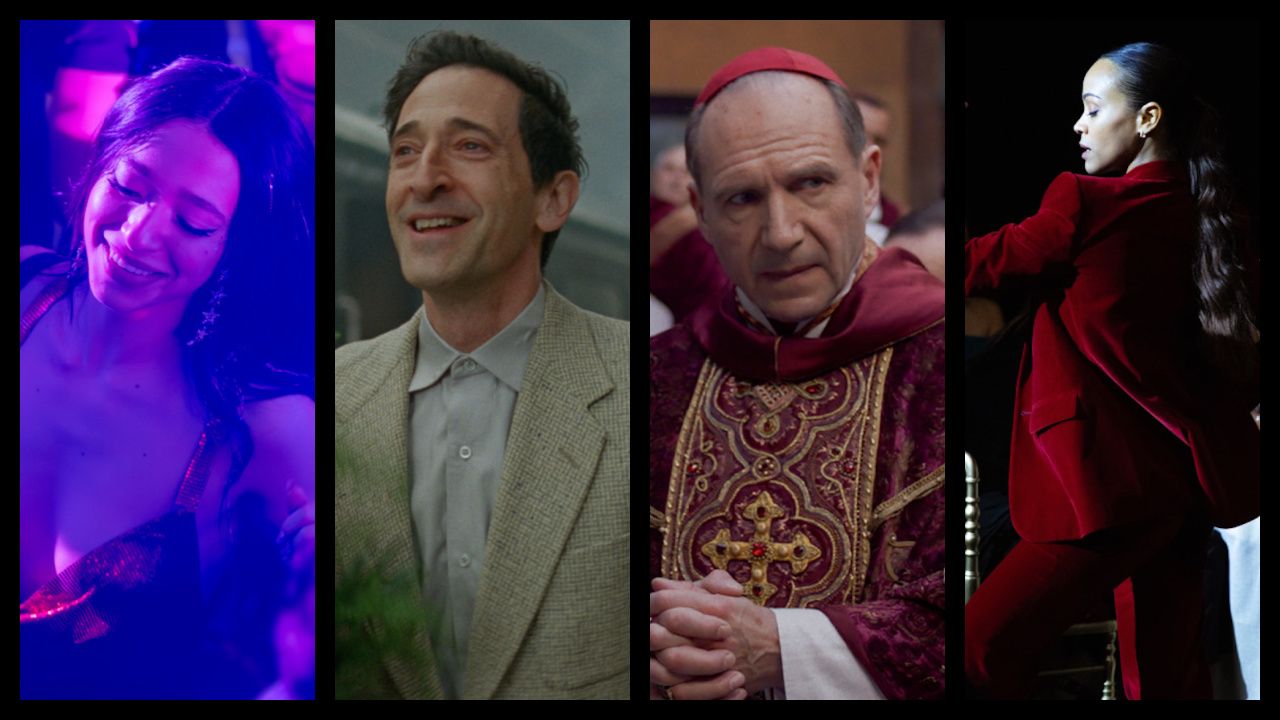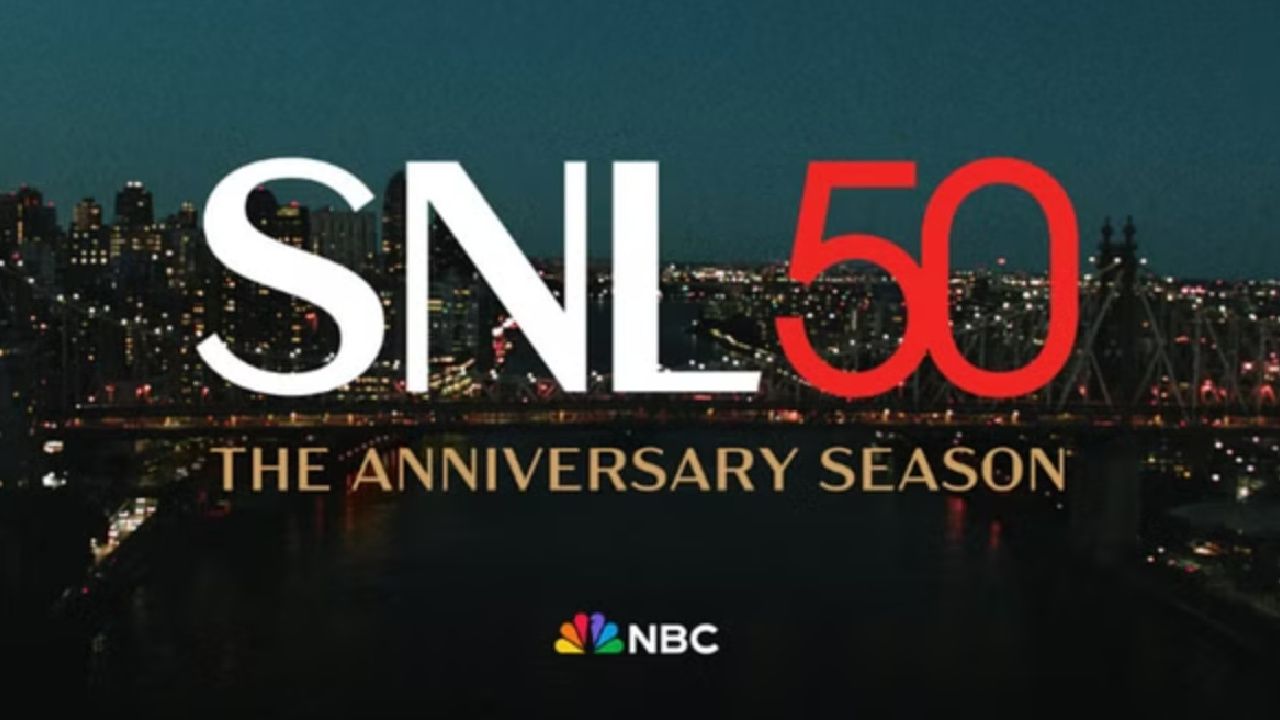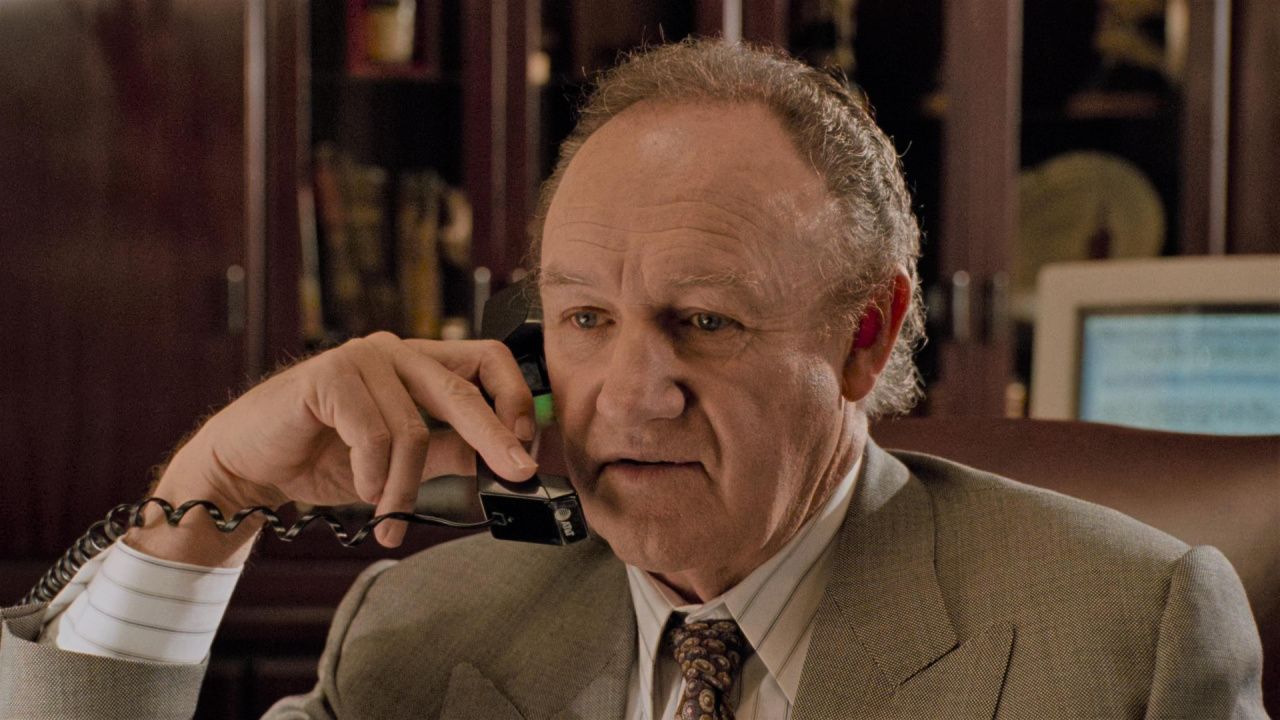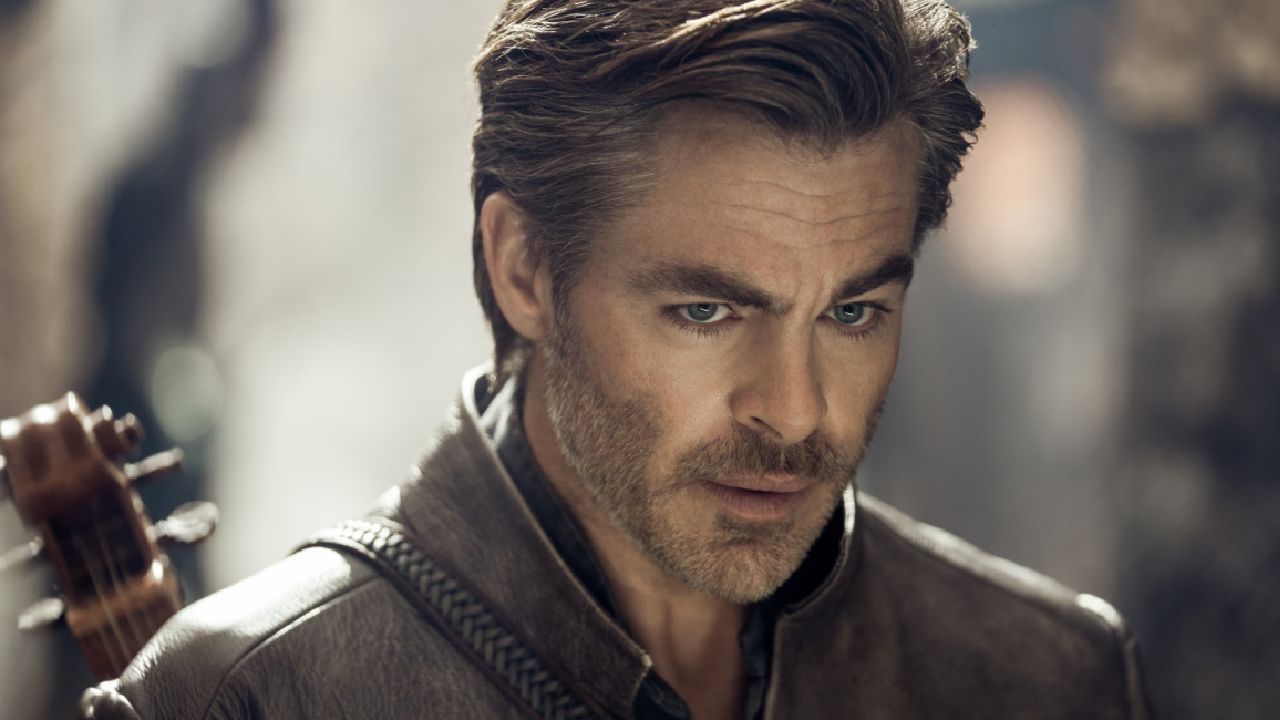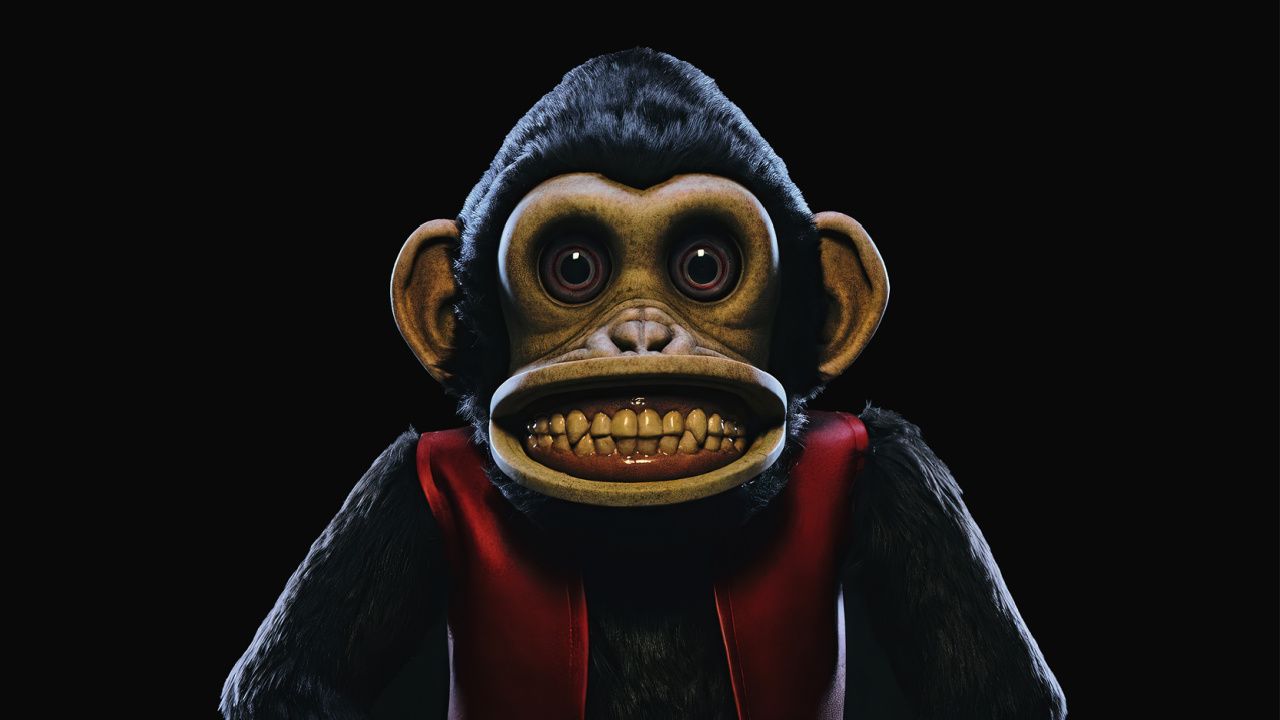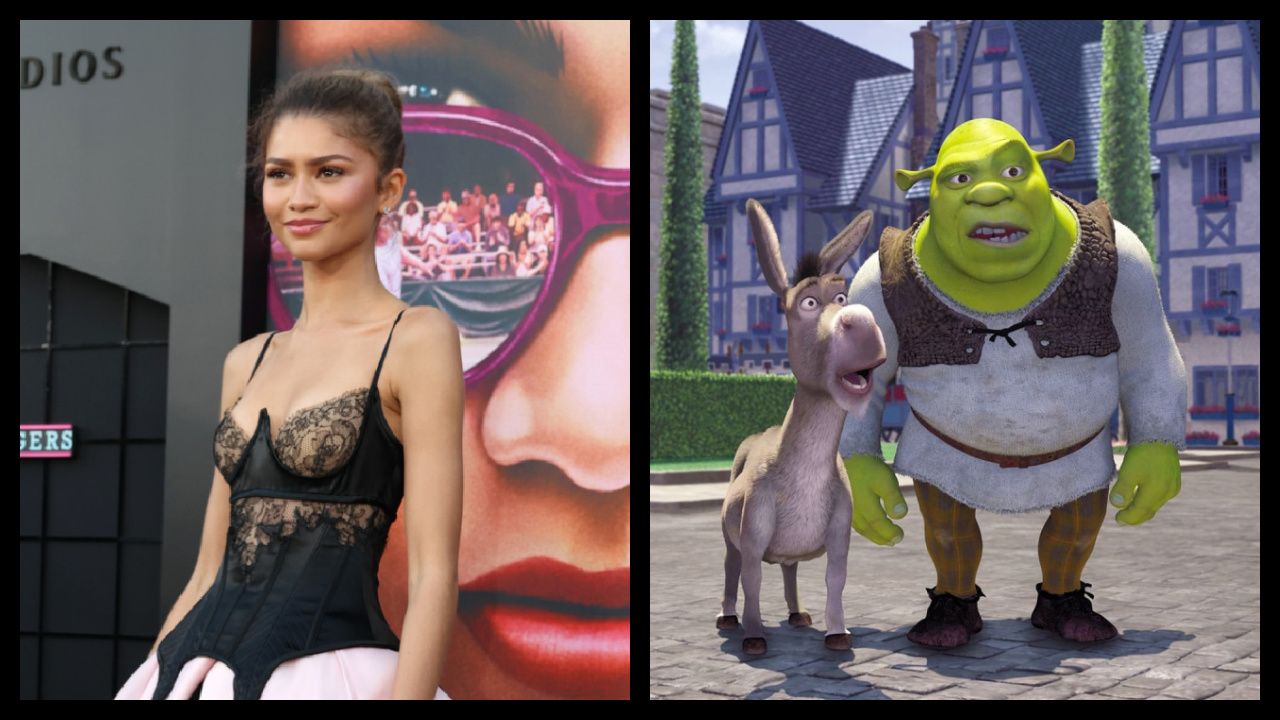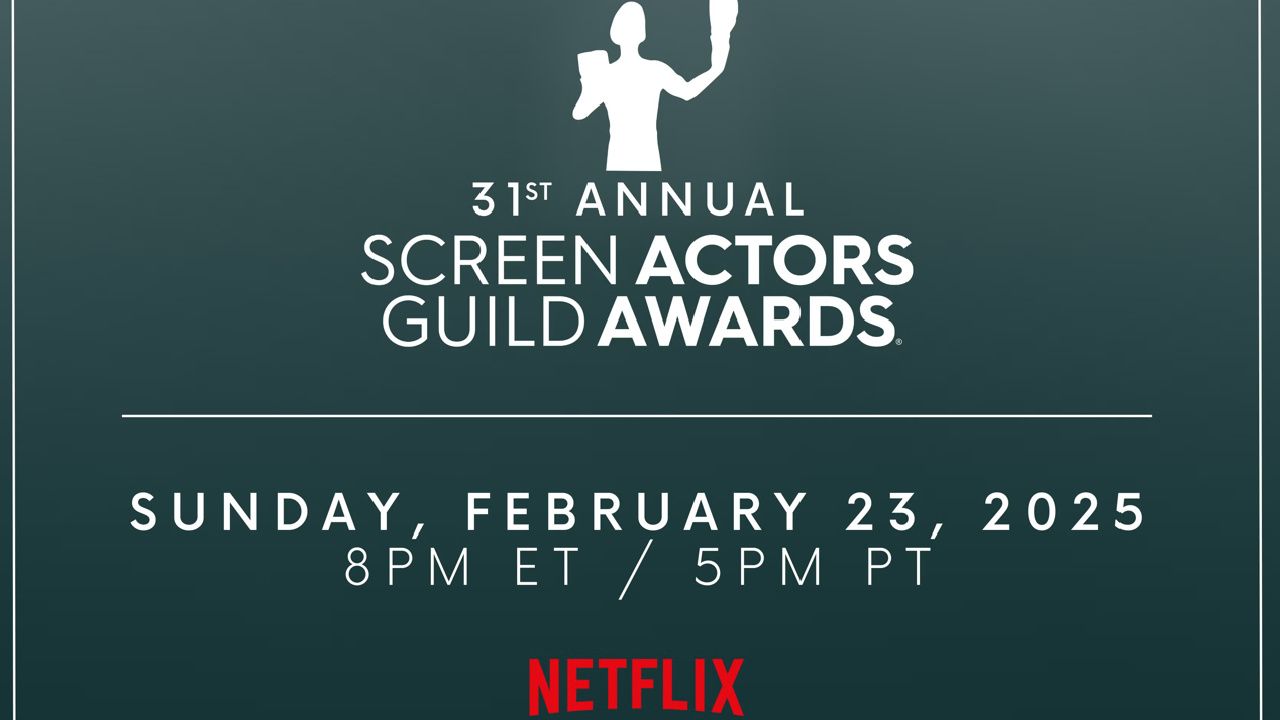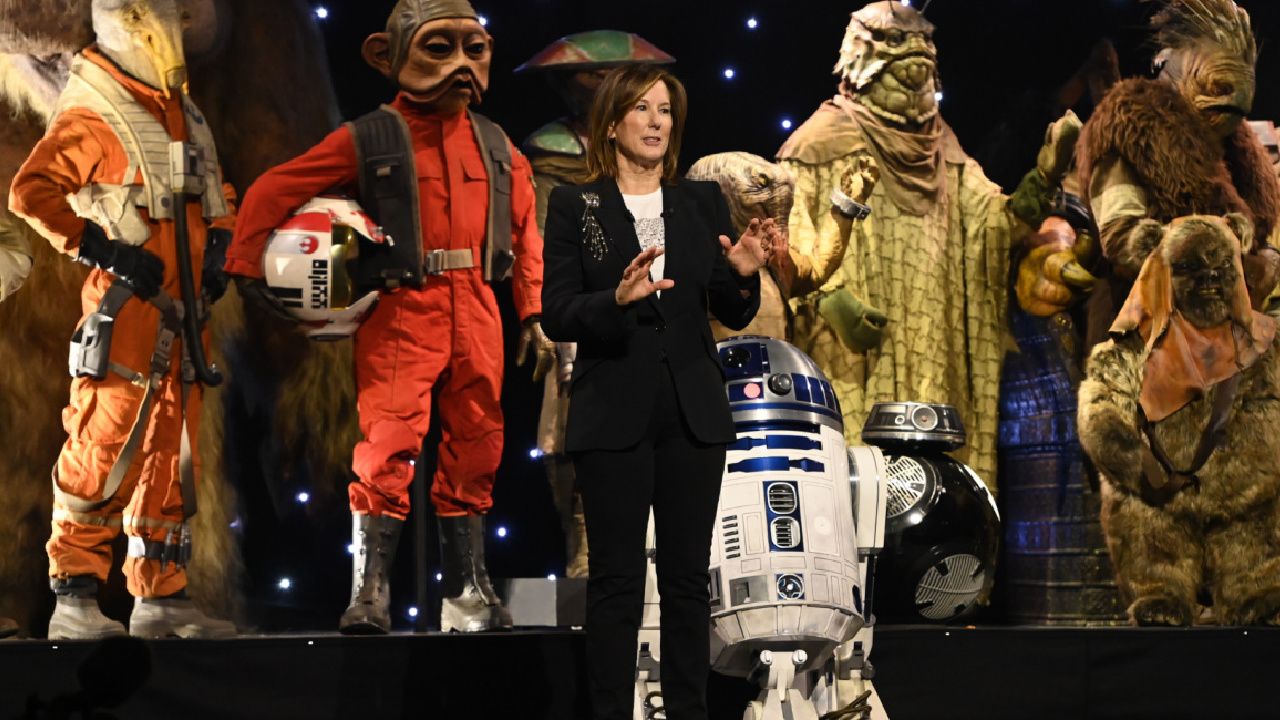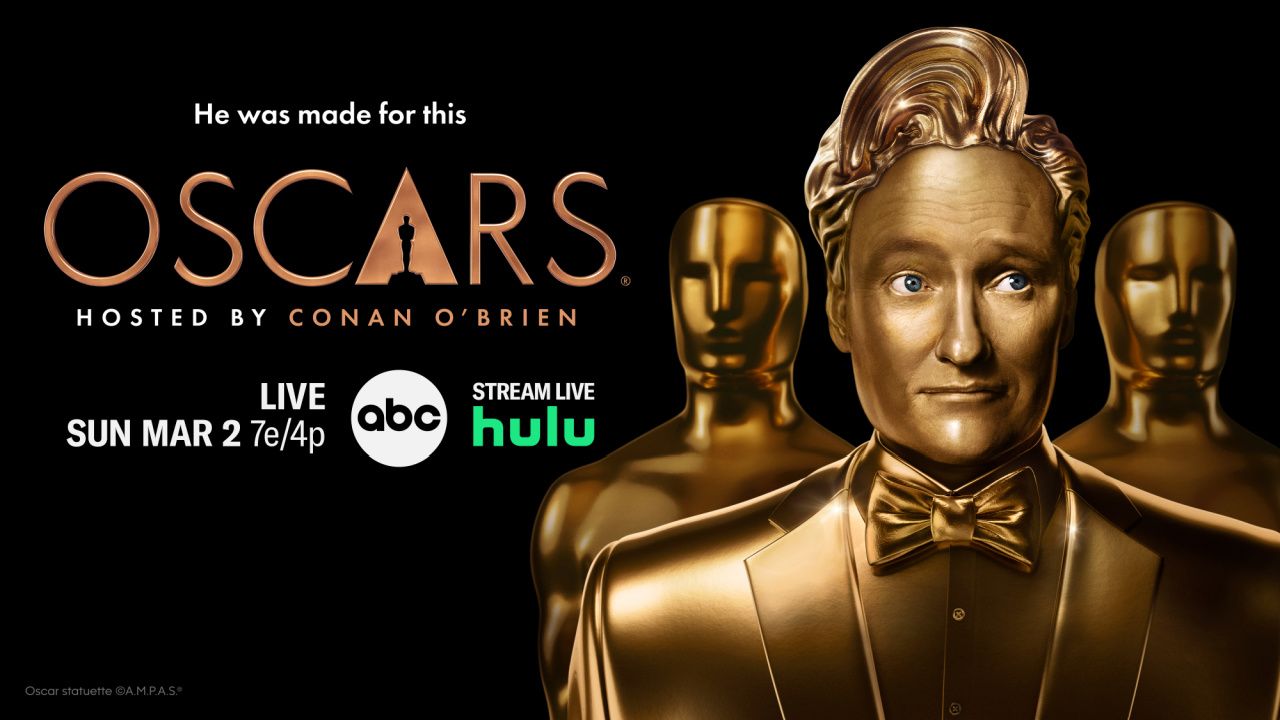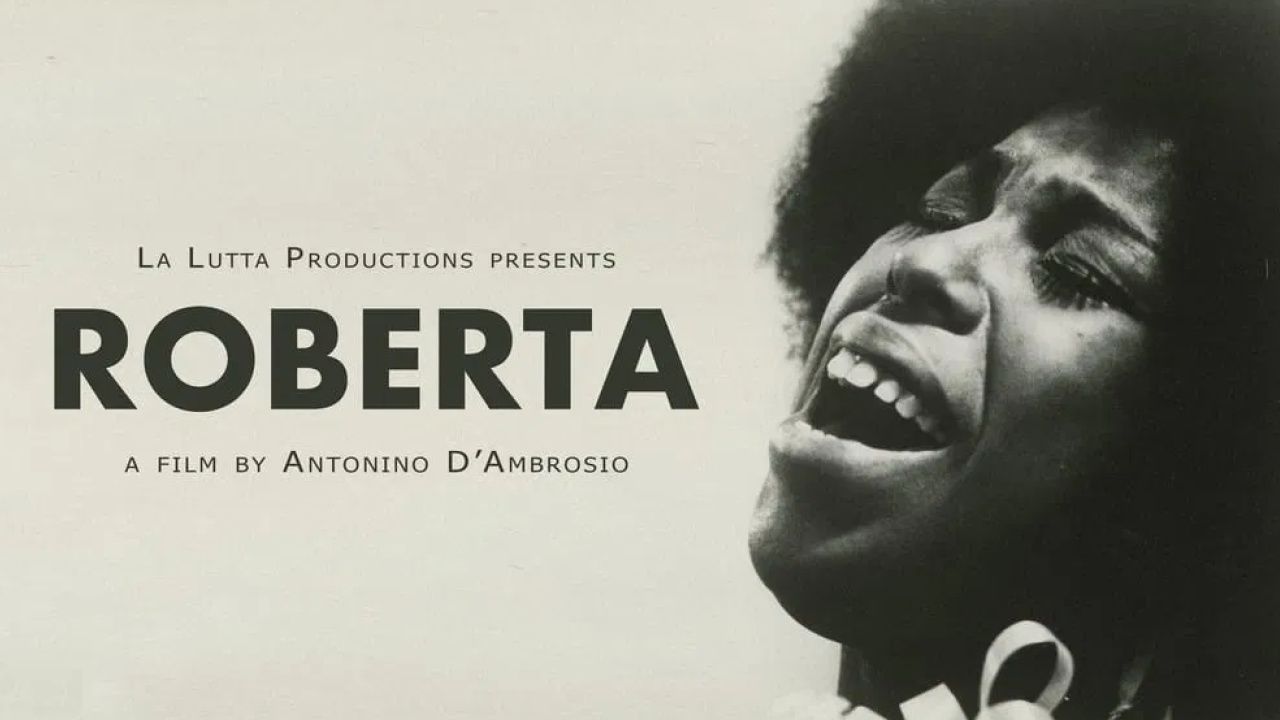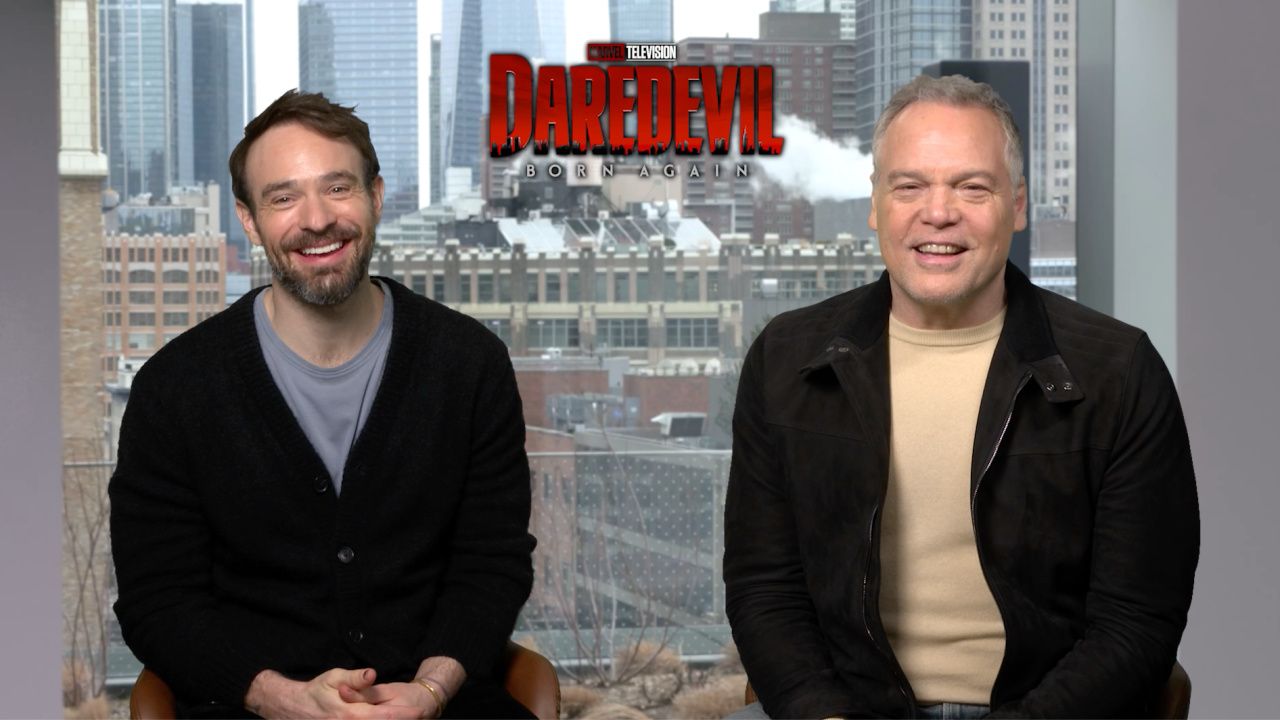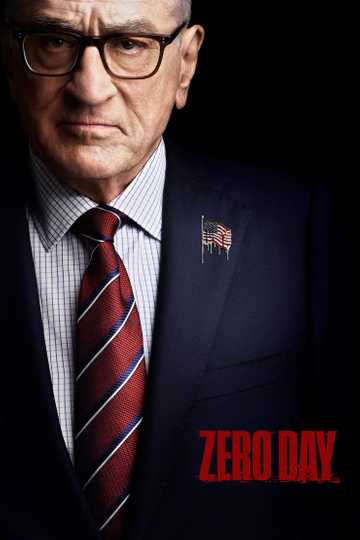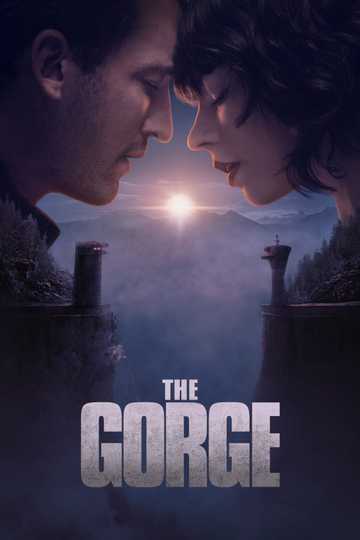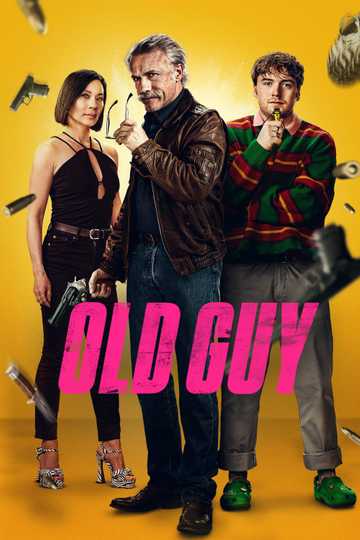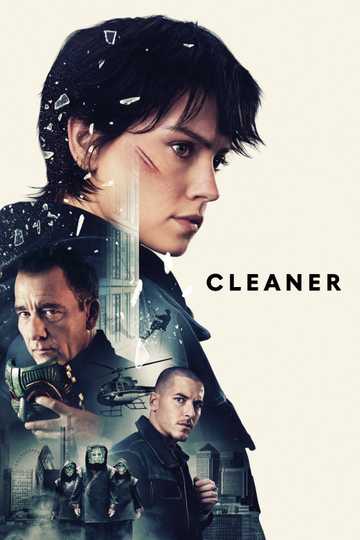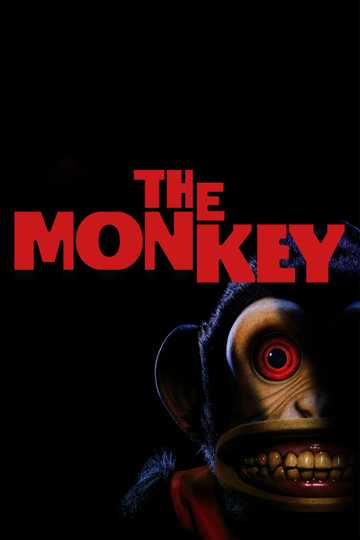'The Hero' Star Sam Elliott Knows Why He's Having a 'McConaissance' Right Now
Sam Elliott's played the hero many times on screen, but his performance in the film "The Hero" -- where he plays a journeyman actor taking a long, hard look at his life -- will likely be remembered as a career-high.
At 72, Elliott's already enjoyed a rich and often varied Hollywood career in both film and television, beginning with an early role in "Butch Cassidy and The Sundance Kid" and a star-making turn in the 1976 beachside drama "Lifeguard." He went on to have a steady string of TV and film roles throughout the '70s, '80s, and '90s, including "The Shadow Riders," "The Quick and the Dead," "Conagher, "Buffalo Girls," and "Tombstone").
Along the way, Elliott would have opportunities to make a dramatic impact with roles outside the Western box including several that showcased his considerable acting skills, like "Mask" and the Civil War drama "Gettysburg"; rough and rowdy action flicks like "Road House," and comic book fare like "Hulk" and "Ghost Rider." And his signature mustache and deeply resonant and distinctive voice were elevated to iconic status with his appearance as the narrating Stranger in the Coen brothers' cult sensation "The Big Lebowski."
Thanks to the final season of FX's "Justified," where he played the main baddie, Elliott has found himself with a career renaissance, which he sat down with Moviefone to have a very candid discussion about.
Moviefone: Obviously, people are going to see what they think is some of Sam Elliott in this guy. Tell me the diversions. Tell me what you related to in Lee Hayden, but what is entirely different from your own experience.
Sam Elliott: Number one, if it was me, it'd be a documentary, and it's not, clearly. There's four primary elements that are most glaringly not me: one of them is that I'm still married to Katharine [Ross] for 33 years, after knowing her for 39 years. I have a close, loving relationship with my daughter Cleo -– I see her all the time, and was primarily there when she was growing up; I don't smoke dope; and I don't have cancer. So beyond those, there's a lot of similarities.
What resonated with you about those similarities? As you delved into Lee, what did you have a lot of empathy for?
I had a lot of empathy, I think, because I understood where he was going after he got the diagnosis in the beginning, and realized that time was going to be short, and he had a big mess to clean up with his family, primarily. Also, to have to deal with the fact that his career was pretty much what it was.
The rest of it was all in his head, which kept revisiting him in the form of the dreams. He fucked up his career, doing whatever he did, whatever it was that made him lose his connection to his daughter, whatever made him get divorced from his wife, and why ever it was he never went beyond that one film that he talks about -– that's it.
I think that at his core, Lee was a decent guy. I think the things that he spoke of at the awards ceremony were from his heart and soul, and that resonated completely with me what he was talking about in there. I happen to believe that he was telling the truth in there.
From your perspective, what has it taken to survive and to thrive in Hollywood for as long as you've been able to?
Persistence, hard work, being a decent person, treating people right, and doing your job when you get an opportunity to do it.
You've been doing your job pretty well for all these years, and all of a sudden, we're in this great Sam Elliott Renaissance Period.
Crazy!
Did you see it coming? Was it part of a strategic plan?
No, came totally out of left field. There was a succession of jobs that came, and I'm not sure where it started: whether it was at "Grandma," whether it was maybe at "Parks and Rec," could have been at "Robot Chicken," I don't know... Then "Justified" came along –- it's very bizarre!
Do you feel that you're a better actor now than you were when you began in Hollywood?
Yes, no question. No question. I think time and grade is the teacher in any field. I just think the longer you're there, the better you get. Unless you're an athlete -– you start wearing out.
It's been great to see you in a lot of very different kinds of roles lately, including your first sitcom. What's been fun about "The Ranch" for you?
It's totally different. New ground to plow. At 72, at almost 50 years in the business, to be able to go and do a four-camera show in front of a live audience on Fridays. We pre-tape on Thursdays, Friday's a live audience. Just that experience alone... But to be working with Ashton Kutcher and Daniel Masterson on the set, Debra Winger as well, and Jim Patterson and Don Reo and these genius writers that are on this writing staff.
We do a script every week. And from Monday, the table read, we get our new script on Fridays after the taping. Monday we do a table read and a blocking rehearsal. Monday night, they rewrite. Tuesdays we rehearse. Tuesday night, they rewrite. Wednesdays we rehearse. Wednesday night, they rewrite. Thursdays we start shooting, and they're, at the same time, rewriting. Friday is the taping night in front of the audience. All the writers are on the set -- watching it and rewriting between takes. So the learning curve is a monster, and it's daunting in front of a live audience for me.
Had it been a while?
I've never worked in front of a live audience. The great reward in front of a live audience is you hear people laughing. That part is a lot of fun.
Lee had one movie that he was proud of. You, I'm sure, have many. If somebody discovers you for the first time through "The Hero," what films of yours would you like to point people to if they were interested at looking at highlights from your filmography?
A lot of my favorite parts are character parts. They're not like leading roles by any means. Whether it's "Mask" or "Road House" or "The Big Lebowski," or "Gettysburg," there are things about a lot of different films that stand out for me.
In terms of lead, maybe "Conagher," something like that. Only because it's something that I did with Katharine. It was something that Louis L'Amour told me that he thought Katharine and I should do. In fact, we did the adaptation of the book. I produced. It was very successful at the time that we did it with TNT. That probably would be a highlight, for sure.
When you started out, did you think of yourself as a character actor? Or were you thinking leading man when you got into it?
I wasn't thinking about anything other than acting and wanting a good part. I never thought about it in terms of character and leading man. Still don't.
What do you love, after all this time? What are the same things that you love about the industry and Hollywood, and what are the sort of new things that even at this stage you're discovering you love?
I think just going to work. I think the work of it is the thing I most love. It's the doing of it. I'm completely amazed from day to day about this whole digital effect that it's had on the game, that it can move at the pace that it moves.
It's like instant gratification. It's like, "How was it?" "I don't know -– let's look." Everybody's walking around with their little screens like this, sitting at the monitor, instant playback. No lab to go to. No lab report to wait for. No opening up the can and exposing the film to the light and losing it, and having it come back. Incredible.
It's your next frontier.
It's incredible. Never going to be my frontier. All I do with my cell phone is answer it and talk on it and I text on it. That's as deep as I'm going to go.
"The Hero" opens in select cities Friday.
